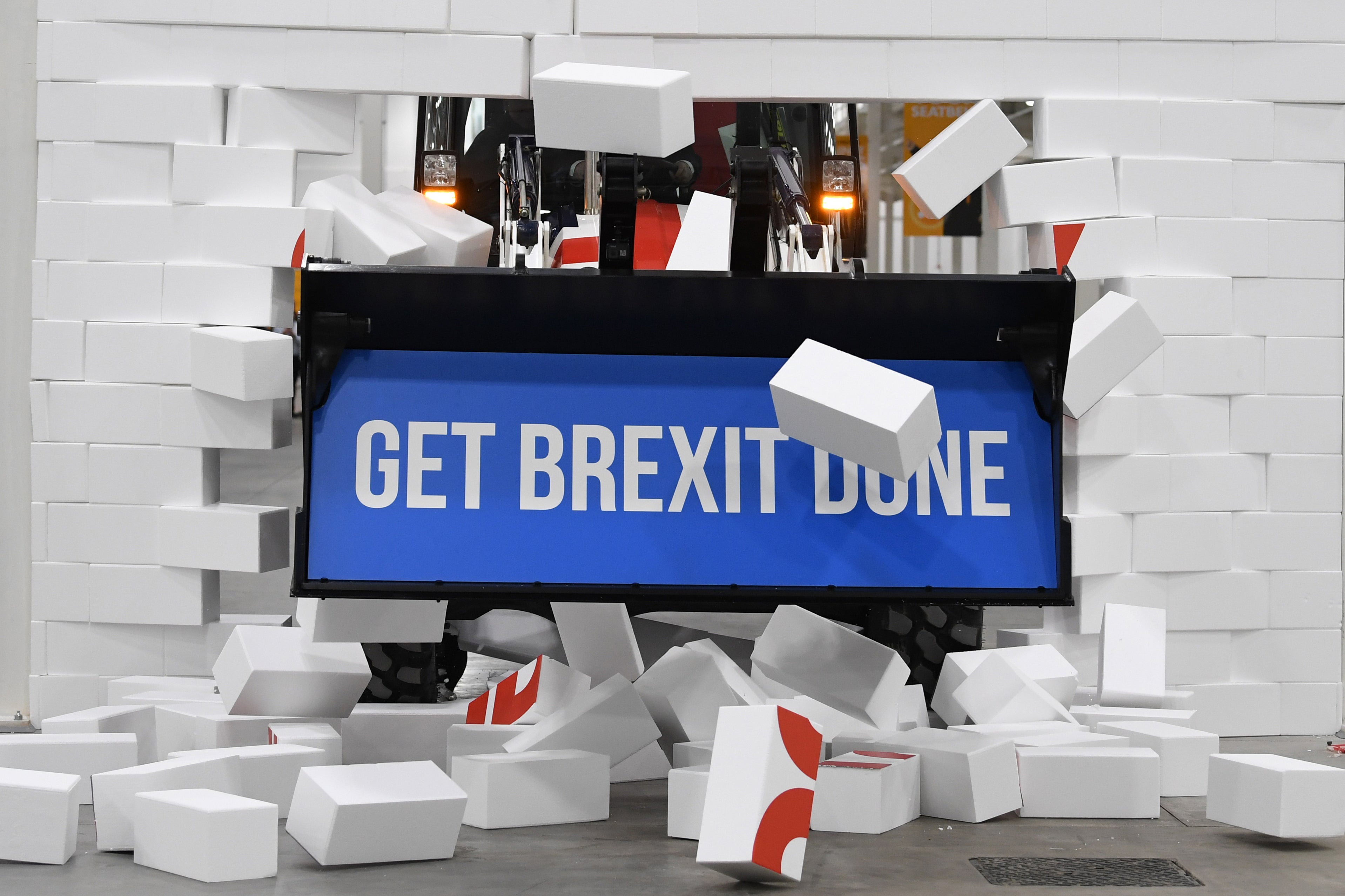It’s clear the UK’s Brexit trade deals are about political – not economic – gain
MPs on the Public Accounts Committee have released a scathing report into the benefits – or not – of such deals, writes Jon Stone


Parliament’s influential – and cross-party – Public Accounts Committee has warned that the government’s Brexit free trade agreements may not have any “actual” economic benefit. The MPs on the committee also say the Department for International Trade has been too secretive, and not kept parliament properly informed about what it is doing.
This is not a particularly new revelation: The Independent reported last year that the economic boost from all of the agreements signed so far is dwarfed 178 times over by the expected hit from leaving the EU single market. And we have reported at length about MPs’ concerns about a lack of scrutiny in negotiations.
But it is positive to see the limited benefits of free trade agreements (FTAs) getting more airtime in Westminster. Taking a step back, there has never been a particularly strong argument for going out of our way to sign more FTAs, especially given the costs involved.
Simply put, FTAs have a relatively limited impact on boosting economic activity, because the world economy is already so liberalised – removing tariffs and quotas has increasingly diminishing returns.
This is why the government’s own department for international trade can come up with such embarrassing figures in the process of justifying the deals. The elusive agreement with the US is supposed to give a boost of 0.16 per cent of GDP over 15 years (we can dream); the New Zealand deal is meanwhile claimed to provide a princely 0.00 per cent jump. (Yes, you read that right).
The government says there could be hidden benefits to the agreements we cannot yet predict, but is unable to quantify them or explain exactly what they might be. There might just as easily be hidden drawbacks.
But the simple fact is these agreements are not being done for the microscopic economic benefits they will bring – but for their political benefits.
The problem for advocates of Brexit has always been that it is difficult to come up with anything positive that leaving the EU allows you to do. Take back control, sure. But to do what?
A certain percentage of the population, given voice by some politicians, has long wanted to shut out Eastern Europeans by ending free movement of people. But this is thankfully not a universally popular view, so advocates have searched in vain for a positive message. Thus, “Global Britain” was born.
Like much good public relations, Global Britain is about compensating for your weaknesses. Brexit is easily presentable as insular and backwards, and will cut us off from the world. Talk about how it will actually let us go “out and into the world”, as The Spectator magazine once put it.
Britain could not sign its own free trade agreements inside the EU customs union, so doing it is a nice example of something you can do after Brexit. It also sounds great, and like something that should make you richer – so the government has talked about it a lot.
Unfortunately, as MPs are beginning to cotton on to, it does not make you very much richer at all. And of course, Britain had free trade agreements inside the EU all along, negotiated as part of a trade bloc with far more bargaining power than it will ever have now. But it sounds good, so the government will keep talking about it.



Join our commenting forum
Join thought-provoking conversations, follow other Independent readers and see their replies
Comments